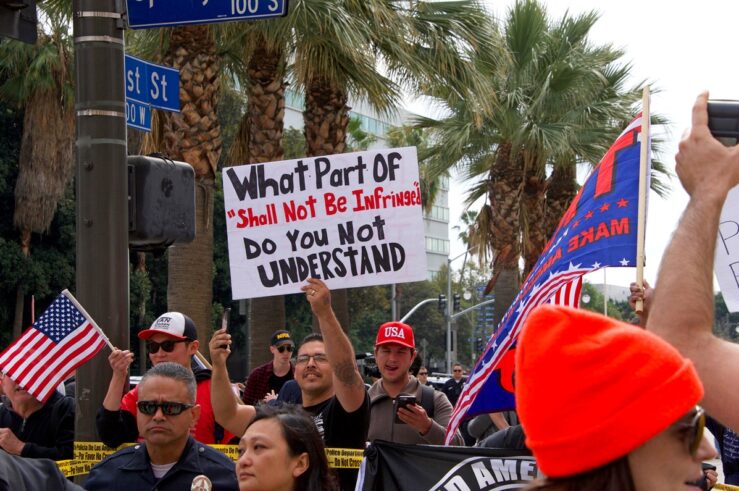So, there is some new evidence that state laws banning cell phone usage does not reduce accidents (HT: Orin Kerr). The Insurance Institute for Highway Safety study has gotten some attention in the media. See, for example, this NYT piece discussing the researchers “surprise” that they did not find the result they were looking for. The NYT piece also suggests that there are so many alternative forms of driver distraction that it is not likely such a ban will, on the margin, reduce accidents. Even worse, a ban might provide additional incentives to engage in substitute forms of communication that could be more distracting. Of course, the empirical evidence will be interpreted in two ways. While critics of the bans will point to the study as evidence that the restrictions provide no benefit, proponents of the cell phone bans will point out that the study demonstrates that, in order to be effective, states must also ban other reasonable substitutes for cell phone distractions.
Intepreting Empirical Evidence
Joshua D. Wright, Intepreting Empirical Evidence, Truth on the Market (February 01, 2010), https://truthonthemarket.com/2010/02/01/intepreting-empirical-evidence/




